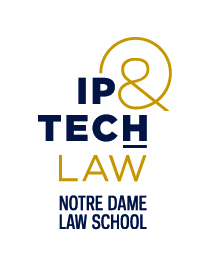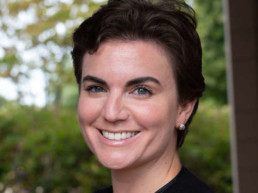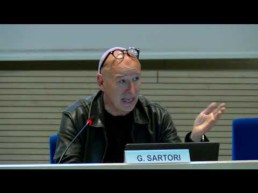The Role of Law, Norms, and Technologyin Contact Tracing
Join us for a roundtable discussion of these topics with Lamberto Ballan (University of Padua), Andrea Pin (University of Padua), Elisa Spiller (University di Padova), Felicia Caponigri (Notre Dame Law School), Kirsten Martin (Notre Dame Mendoza College of Business), Mark McKenna (Notre Dame Law School) and Prof. Giuseppe Sartori (General Psychology Dept., University of Padova).
Live: July 22, 2020 - h. 16:00 pm (Italian time)
Italy’s suffering and courage in the face of the coronavirus pandemic were evident to an American audience earlier this Spring. As time has progressed, the country has passed the curve’s peak and is now reopening and entering a new normal and rhythm of daily life. Part of the daily changes includes the use of a new contact tracing app, “Immuni”, developed by a private company and promoted by the Italian government. The app’s development has been shaped by EU privacy law and Italian law, and the country is currently affronting how to use it effectively. Central to this use are questions of efficacy and privacy, compliance, and even cultural norms. Within the parameters of privacy, fundamental rights, and cultural habits, can Immuni be effective? What role might law, and the technology it shapes, continue to have in our fight against the coronavirus?


Felicia Caponigri
Program Director, Program on Intellectual Property & Technology Law
Acting Director, International and Graduate Programs

Mark McKenna
John P. Murphy Foundation Professor of Law
Director, Notre Dame Technology Ethics Center
Director, Program on Intellectual Property & Technology Law

Kirsten Martin
Lindner-Gambal Associate Professor of Business Ethics and chair of the Strategic Management and Public Policy Department at the George Washington University’s School of Business

Giuseppe Sartori
Neural basis of intentions and conscious decisions. Memory detection and the Implicit Association Test. Child testimony. Malingering. Natural capacity Parenting. Psychopathy and behavioural genetics. Mental insanity and reduced capacity.
